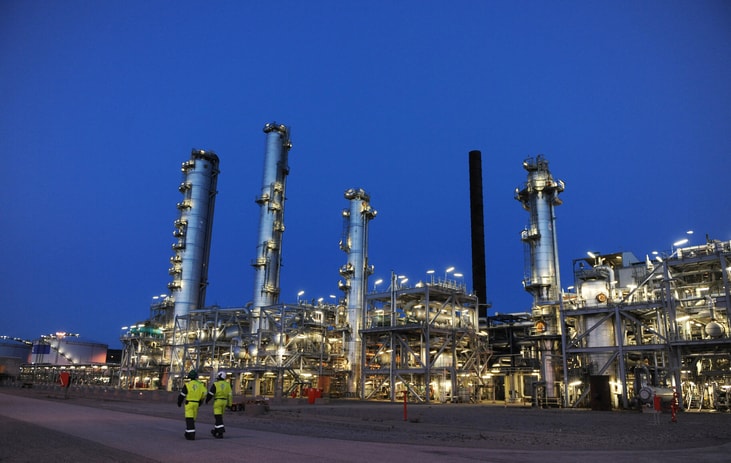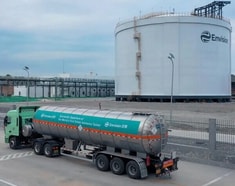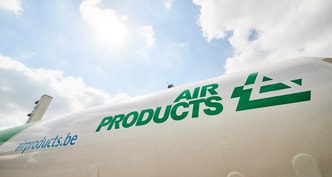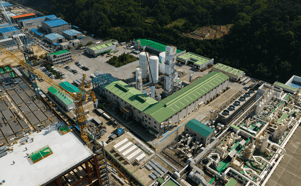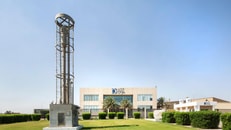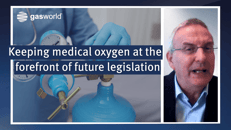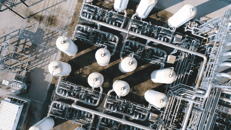e-methanol, SAF and PtL: The future of CO2 utilisation
The route to decarbonisation and the energy transition has sometimes been described as defossilisation. Liquid fuels are incredibly useful energy vectors due to their high energy density and ease of handling. Gasoline, diesel, aviation kerosene and heavy fuel oil have become the fuels of choice for cars, trucks, planes, and shipping.
The challenge is to substitute these refined products that are derived from crude oil with sustainable, convenient and cost-effective alternatives.
Liquid fuels of a non-fossil origin are one such solution. They can be bio-based fuels such as processed waste frying oil. Alternatively, they can be produced using renewable electrical power to produce so-called e-fuels through Power-to-Liquid (PtL) technology. Thousands of tonnes per year of CO2 (carbon dioxide) could be utilised in this way to build the required hydrocarbon molecules.
... to continue reading you must be subscribed

